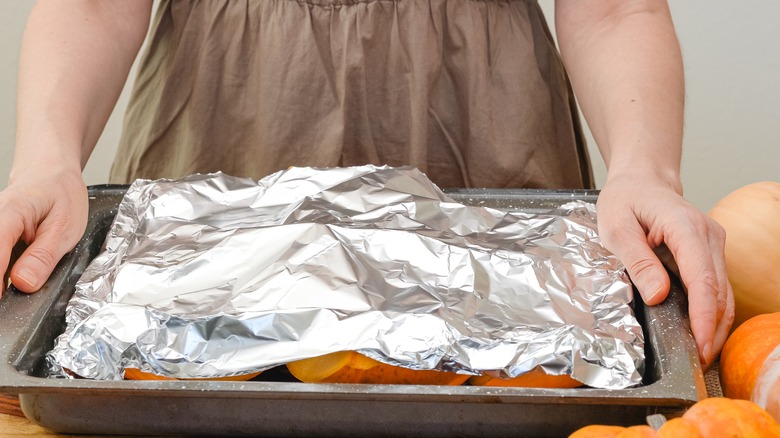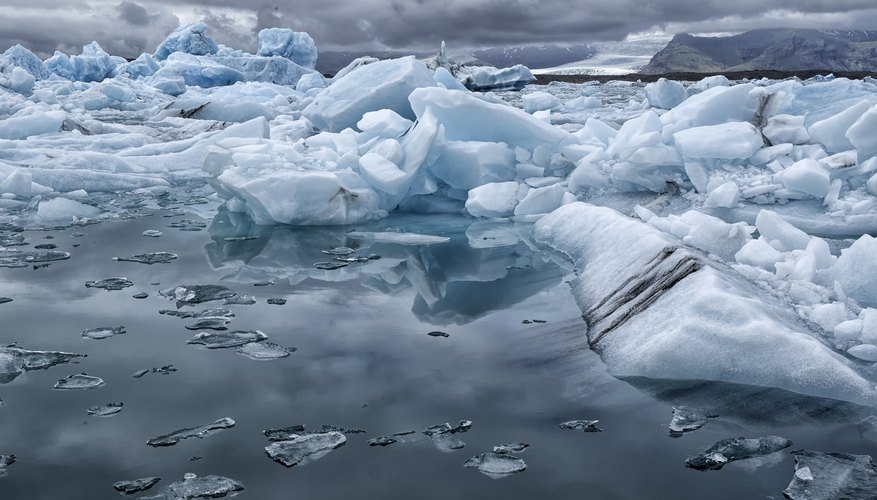Does Titanium Set Off Metal Detectors?
Titanium, known for its impressive strength-to-weight ratio and corrosion resistance, is a popular choice for various items like jewelry, watches, and even certain medical implants. Now, the burning question: does it set off metal detectors? The good news is that No, titanium won’t set off metal detectors! It’s a cool metal that’s lightweight and doesn’t … Read more










